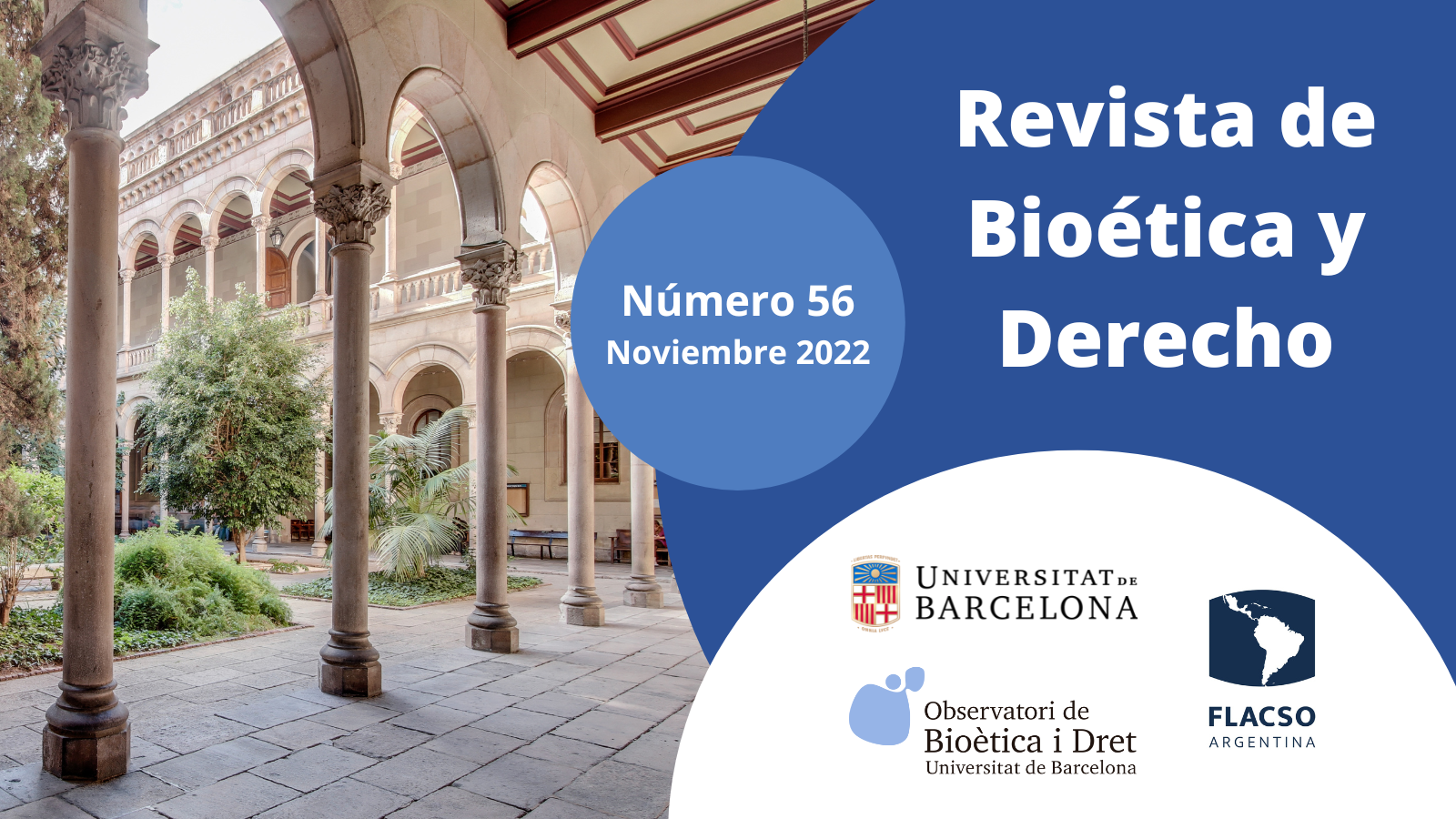Legal initiative for Gestational Surrogacy in Portugal: an overview of the legal, regulatory, and ethical issues
DOI:
https://doi.org/10.1344/rbd2022.56.39614Abstract
Gestational surrogacy is a controversial ethical issue worldwide. In 2016, Portugal launched a second political attempt to legalize gestational surrogacy, proposing it as: being altruistic; forbidding a biological tie between the surrogate and the child; requiring a biological relationship between one of the legal parents and the child; and demanding a legal contract between the surrogate and the legal parents. The law was approved, regulated and entered into force. However, months later, the Constitutional Court ruled some of its norms unconstitutional, namely due to: the legal ambiguity of the surrogacy contracts; too short a deadline for the surrogate’s withdraw of consent; and the need to comply with the children’s right to know their biological origin. The law entered a complex political and legal process. It also caused a serious problem in assisted reproductive treatments, with the suspension of those treatments that entailed the anonymity of the donors. The law on surrogacy was, finally, enacted in November 2021, although the introduction of its regulation is still pending. This paper describes the legal process, within its political context, stressing the ethical issues at stake, and presenting the initiative for legalization of gestational surrogacy in Portugal as a valuable case study analysis: of how a top-down initiative, ideologically driven and politically rushed, and which ignores ethical advice, generates a troubled and penalizing legal process for the people involved.
Downloads
Published
How to Cite
Issue
Section
License
Copyright (c) 2022 Maria Patrão Neves

This work is licensed under a Creative Commons Attribution-NonCommercial-NoDerivatives 4.0 International License.
 The author retains the copyright and grants Revista de Bioética y Derecho the right of first publication of the article. All articles published in Revista de Bioética y Derecho are under Creative Commons licensing Recognition – Non Commercial – NoDerivedArtwork (by-nc-nd 4.0), which allows sharing the content with third parties, provided that they acknowledge its authorship, initial publication in this journal and the terms of the license. No commercial use of the original work or generation of derivative works is permitted.
The author retains the copyright and grants Revista de Bioética y Derecho the right of first publication of the article. All articles published in Revista de Bioética y Derecho are under Creative Commons licensing Recognition – Non Commercial – NoDerivedArtwork (by-nc-nd 4.0), which allows sharing the content with third parties, provided that they acknowledge its authorship, initial publication in this journal and the terms of the license. No commercial use of the original work or generation of derivative works is permitted.







